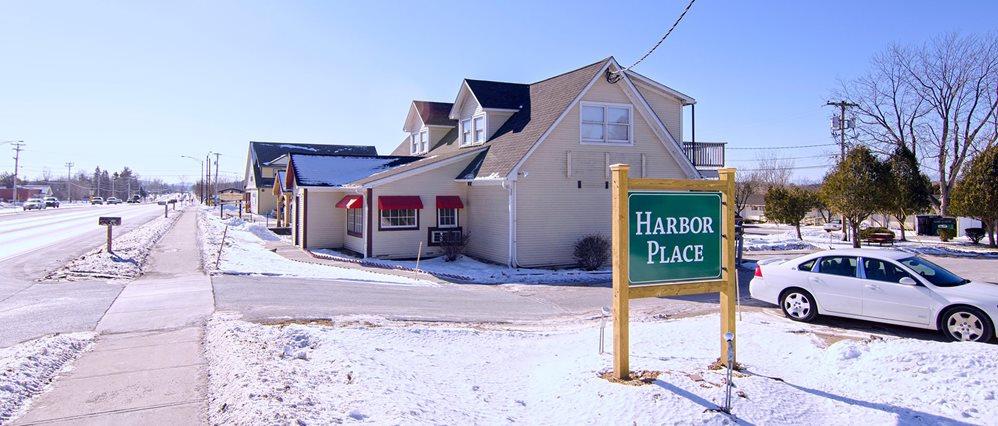As COVID-19 continues to spread, NeighborWorks network organizations continue to connect with community members and to take measures to try to ensure their safety. Here's a look at what organizations are doing in Vermont and Missouri.
Shelburne, Vermont
Organizers needed to move fast. The homeless population could soon be showing signs of COVID-19, and isolation would be hard for a group that lives in tents, on the streets or in community shelters. Champlain Housing Trust (CHT), a NeighborWorks network organization, told the state of Vermont it would help in any way it could. Two weeks later, the organization opened its motel, Harbor Place, to homeless Vermonters who were showing symptoms of COVID-19 but hadn't yet received test results."The state realized that they needed to move faster than they had anticipated," says Chris Donnelly, CHT's director of community relations.
The housing trust's motel was normally used as temporary housing when shelters were full, or for victims of domestic violence. Those occupants moved to other hotels, and Harbor Place opened to symptomatic residents on March 19th. They had their first occupant that night.
"We made all kinds of changes," says Donnelly. "We cut a hole in the wall to have a sliding glass check-in." They brought social workers on site and telemedicine services are on their way.
The 55-room hotel had six residents as of Thursday, March 26, and Donnelly expects more as the virus spreads. "The sense is that there's going to be a wave. What we're trying to do is prevent the wave by isolating people who are in these congregant settings." Occupants have access to microwaves and meals – and to sinks and soap. And they have the means to be separate in a way they can't on the street.

During the week of March 24, Donnelly says a local RV company offered 27 campers to help a low-barrier shelter (meaning sobriety isn't a requirement) move occupants out of a congregant living situation.
"We're supportive of that effort," Donnelly says. "The trick right now is to find a place where people can be safe."
St. Louis, Missouri
Six years ago, Better Family Life put together a program it called the Senior Registry as a means of checking on senior citizens living in high-crime neighborhoods.Food would be delivered twice a month, courtesy of donations from the St. Louis Food Bank. And staff would check on the seniors in thunderstorms, heat, snow and sleet, says James Clark, vice president for community outreach. So when information started circulating about COVID-19, Clark's outreach team went out to check on the citizens again. This time, in addition to food, they brought hand sanitizer. They continue to check up on them — wearing gloves and masks — Clark says. And they call to check in on the 70 seniors on the list every other day.
"These are people in twilight of their lives and they're very vulnerable," Clark says. "They seldom get phone calls and they rarely get visitors. They love when the outreach staff calls."
He says that while the effort was always rewarding before, during the pandemic it is proving to be vital. "Having a rapid response capability is very important," Clark says.

